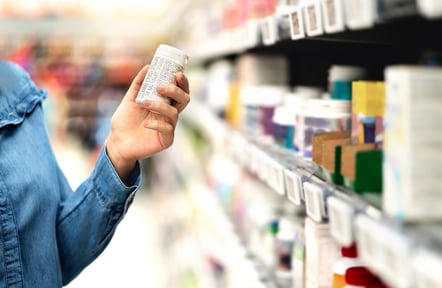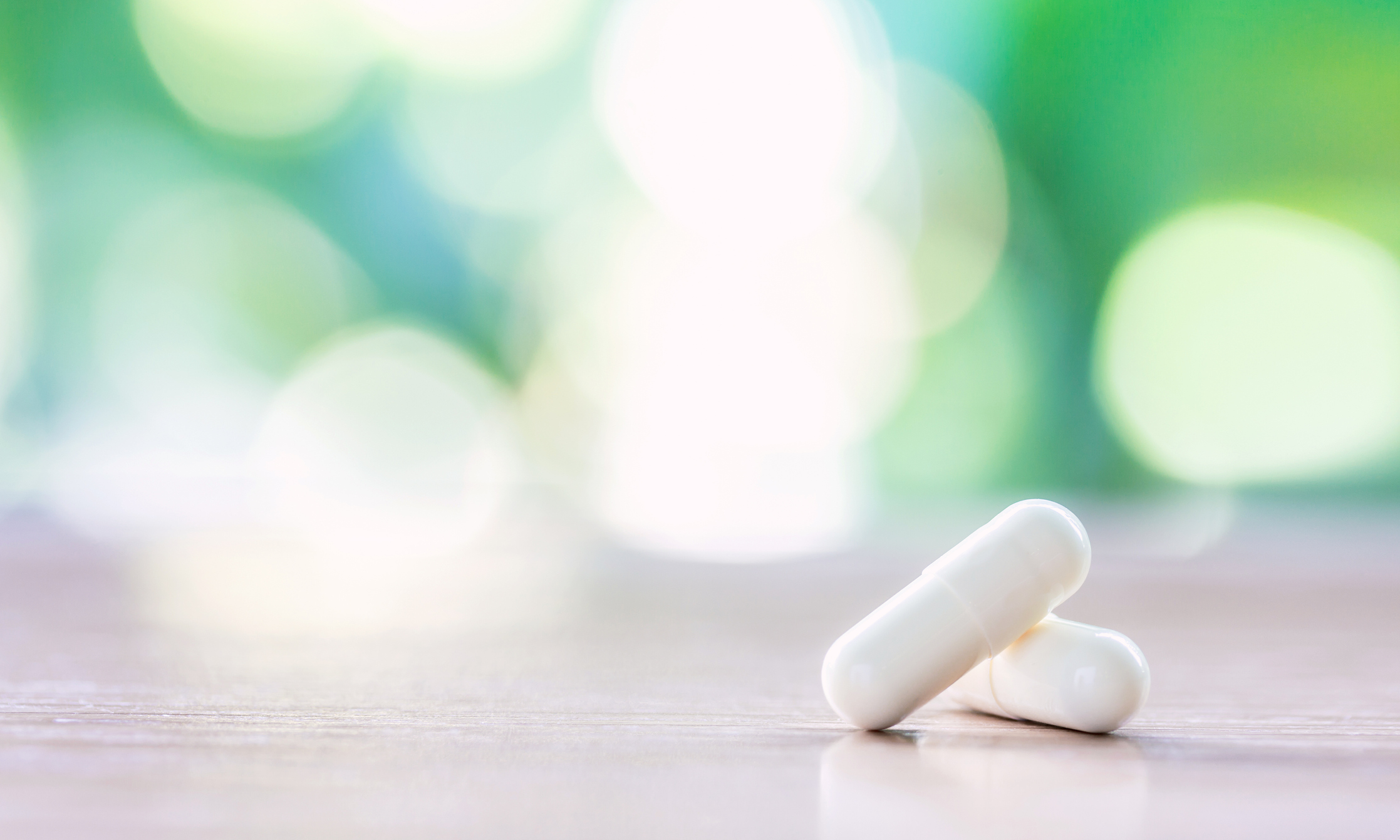The global dietary supplements market has been growing for more than 10 years, with revenues expected to reach €250 billion in 2024 [1]. Consumers, now better informed following the heightened risk of pandemics, are increasingly preferring a preventive approach over a curative one. Concerned about their health and well-being, 49% are willing to spend more on dietary supplements [2].
Spotlight on the three major nutraceutical markets
Asia dominating the market
The Asian dietary supplements market size was valued at approximately $95.5 billion in 2020 [3]. China and Japan account for one third of the global market, with revenues estimated respectively at €16.3 billion and €7.27 billion in 2023 [4].
In China, 36% of dietary supplements are retailed through direct sales, 30% through physical sales and 34% through e-commerce [5]. Whereas in Japan, 39% are sold in pharmacies, 31% in supermarkets and 24% in specialty stores [5].
In the case of pharmacy sales, the health benefits most sought after in China are vitality (51.8%), joint care (15.9%) and digestion (13%)[4]. In Japan, general health (a generic category where multivitamins and vitality products are likely mixed) represents 24.5% and beauty 22.2%4. The country is also the birthplace of nutricosmetics.
A higlhy concentrated European market
In 2022, the European dietary supplements market reached a value of €30 billion [7].
Sales are very concentrated, with almost half taking place in Italy and Germany and still growing: Italy is up 10% and Germany +7% (compared to 2021)[3]. The market is also very dynamic in Eastern European countries, especially Poland, which has been the fourth largest European consumer in terms of revenues since 2021[3].
France is third on the podium with €2.6 billion in revenues in 2022, a 3% increase compared to 2021[3].
French dietary supplements are mainly sold in pharmacies and drugstores (58% of products). This retail channel is the clear favorite across the rest of Europe also. The most sought-after health benefits in France include vitality and immunity (22.2% of products sold in pharmacies, drugstores and online), stress, sleep (16.2%) and digestion (15.8%) [3].
A constantly growing American market
Representing $16.3 billion in 2020, the U.S. dietary supplement market is growing rapidly. It is expected to reach $18.5 billion by 2025[4].
Among the various health benefits on offer, general health represents 18.2% of dietary supplement sales, digestion 15.7% and immunity 14.9%[4].
As for the retail channels, 43% of U.S. consumers buy supplements at hypermarkets, while 37% buy them at pharmacies [8].

Health : consumer issues and expectations
Healthcare and consumer trends
Consumers are seeking to better protect their health through dietary supplements. Around the world, 1 in 4 people consume such supplements every day [2].
Consumers are largely focused on three main health benefits: 66% wish to protect their immune system, 57% want more energy and 54% are interested in cognitive and mental health [9].
Cross-cutting trends and consumer expectations
Today, the natural origin of products is a key consumer concern. Ingredients are becoming more diverse and technical due to consumers demanding more from manufacturers with regard to the efficacy of the supplements they buy: they expect more and more clinical evidence or use tests to reassure them before purchasing.
In an effort to make healthcare more enjoyable, nutraceuticals has “foodified” supplements, thus leading to a rise in functional foods. For example, the use of gummies grew by 131% between 2020 and 2021[10]. Functional foods and beverages are also on the rise in France, with 34% of consumers reporting they consume more products offering immunity benefits since 2020 [11].

Armor Protéines, expert in innovative dairy ingredients for the nutraceutical industry
In a rapidly evolving dietary supplements market, quality, natural origin, and transparency of ingredients have become essential criteria for consumers. At Armor Protéines, we are committed specialists in producing and enhancing high-quality dairy ingredients, supporting brands as they develop nutritional solutions that meet today’s consumer expectations.
With our expertise and dedication to innovation, we offer a range of dairy ingredients, including lactoferrin, that comply with the traceability and quality standards demanded by professionals and consumers alike. By focusing on research and development, we position ourselves as a trusted partner to support the growth and diversification of the dietary supplements market.

Bibliography
[1] Actifs no. 67, Marché mondial : bientôt 250 Milliards € ?, 2019 (according to Grand View Research Inc)
[2] FMCG Gurus – Exploring the Impact of Nutritional Supplements, 2020
[3] Euromonitor International, Vitamins and Dietary Supplements in Asia Pacific, October 2021
[4] Euromonitor, 2020
[5] Daxue Consulting, 2020
[6] IQVIA, 2020
[7] Synadiet, Le marché des compléments alimentaires, 2022
[8] Council for Responsible Nutrition Report, 2020
[9] FMGG Gurus, Assessing the Importance of Cognitive Health, 2021
[10] Actif, Guide AZ des ingrédients marché, 2022
[11] AgroMédia, Vittel part à la conquête des boissons fonctionnelles, 2022




